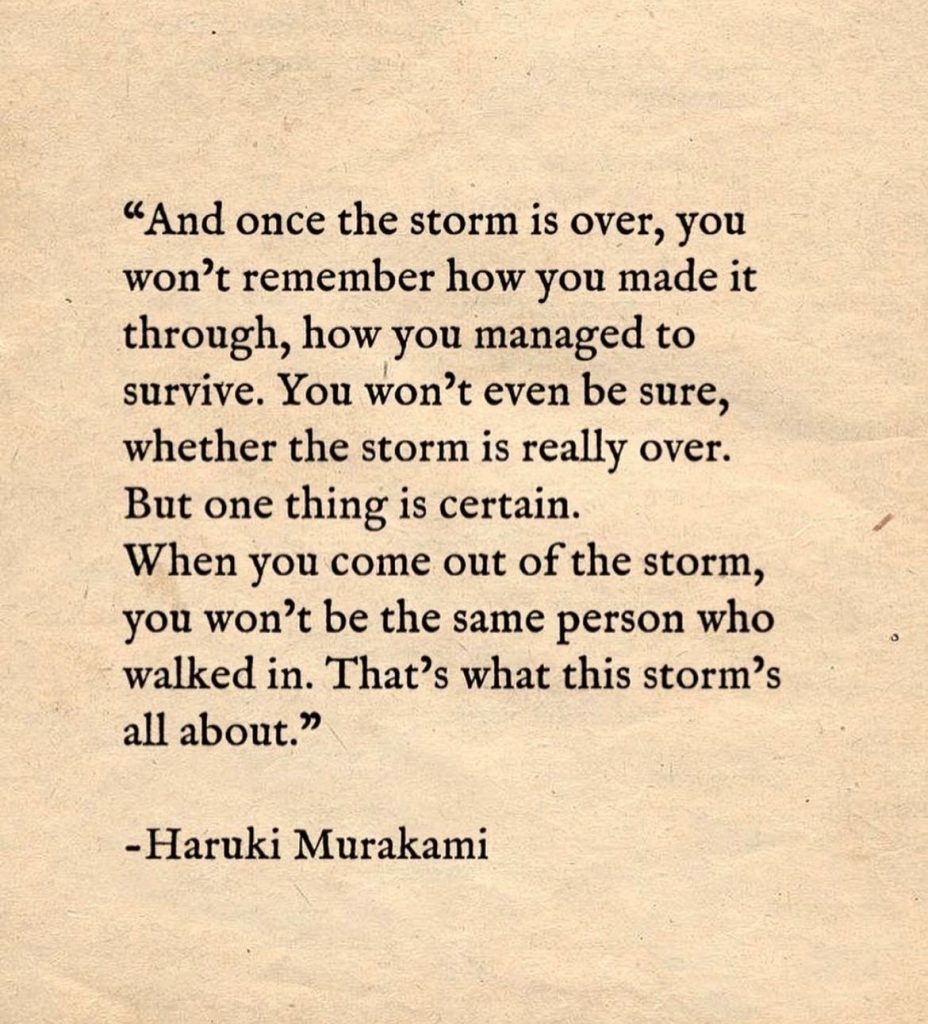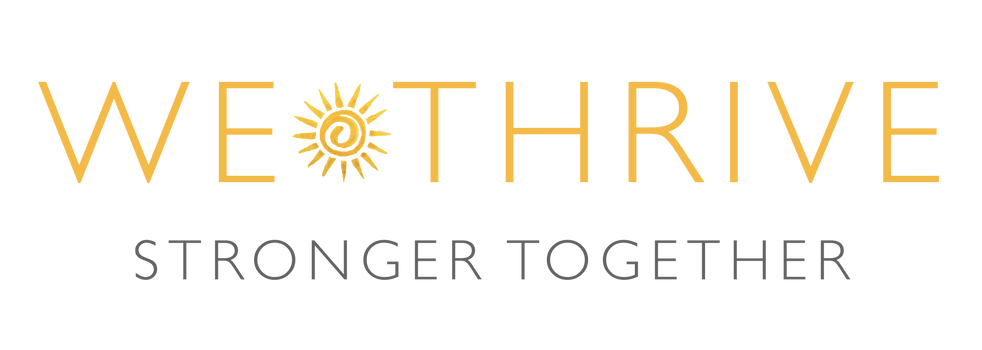To label or not to label
This is a conversation that has come up a lot recently, meeting people and being away on holiday. So many people bringing up younger children are wrestling with the question and impact of screens and technology and struggling to navigate challenging behaviour and school attentiveness. The screens/technology debate is a whole world of overwhelm and does seem to provoke most people in the older generations to breathe deep relief that they have not had to endure this. Many feel that the term ADHD is over-used which is probably true as we are all suffering in our ability to focus and pay attention, needing ever quicker stimuli as our television and phone screens flit in seconds between multiple images, flooding our senses with a dam- burst of mostly unnecessary, confusing information. Our senses are on constant alert, boggle-eyed and blood-shot. Some parents talk about how they ‘hate labels’, hate all this ‘evangelism about labelling’, saying that ADHD, ASD etc are not traits that should be labelled as a disorder but are issues with the systems of education and society. We are all different and some of us have quicker brains, different ways of learning and being and that this expectation of the ‘good’ student expected to sit obediently and attentively for hour upon hour in a classroom is assuming that we all learn in the same way, ending up with some being recognised as ‘good and successful’ and others as ‘bad and distracting’. I myself have a foot, to a degree, in both camps – three quarters of a degree in the latter as I do think that the homogeneity of the education system and especially the demands of exam preparation and learning is leaning towards a certain type of learner, therefore causing outcasts and ultimately possibly unhelpful coping mechanisms and reactions. I also believe that ADHD is not just the unfocused, unruly child or teen – it is a far more complex neurobiology that does indeed mean that those who have this brain-wiring have inherently different skills and approaches than their more methodically wired peers.
The question is, should this be considered a disorder or do we just not know how to nurture this during the younger years and therefore harness the amazing creativity and inventiveness of these lively, enthusiastic, sensitive young minds? I would love to hear your thoughts. Please do email us at info@wethrive.org.uk.
After all, it is parents who can really change the conversation.

Caring for loved ones with Eating Disorders
Thank you to Jenny Langley for her really clear and helpful talk on this subject, speaking as both a mother of a son who is now thriving after suffering from an eating disorder, and also as a trained carer-coach for parents with eating disorders. She regularly delivers free talks & workshops through the Charlie Waller Trust and the Maudsley Trust.
Some points that stood out for us:
- One third of people with anorexia are recognized as neurodivergent
- Always try to talk to the person and NOT the illness – they are separate
- Anxiety is always really high in these situations – both for the sufferer and the parent. Learning ways to manage and soothe is a significant part of recovery. When a parent is calm and regulated, we can set a foundation and the example.
- Holding onto HOPE is the most important fairy dust we can sprinkle to all our families.
To contact Jenny about attending carer support sessions or more informative workshops, please email her at jenny@newmaudsleycarers-kent.co.uk
_________
Jenny runs monthly carer support sessions which provide an opportunity to meet other families in the thick of eating disorders, in a safe confidential, non judgmental environment. You can just turn up to these monthly open sessions.The next New Maudsley Zoom carer skills workshops, which are based around motivational and compassionate communication skills, and provide a whole toolkit of practical tips on how to support a loved one with an eating disorder, are:Thursday August 17 10am to 12 pm.Workshop One – Introductions, Psychoeducation and Empathy.Thursday August 17 2pm to 4pm.Workshop Two – Cycle of Change and Motivational Language.Friday August 18 10 am to 12 pm.Workshop Three – Reflecting on Caring Responses. What to Try When Things Feel Stuck.Friday August 18 2pm to 4pm.Workshop Four – Coaching Your Loved One to Make Their Own Changes.ORTuesday September 26 10am to 12 pm.Workshop One – Introductions, Psychoeducation and Empathy.Tuesday September 26 2pm to 4pm.Workshop Two – Cycle of Change and Motivational Language.Wednesday September 27 10 am to 12 pm.Workshop Three – Reflecting on Caring Responses. What to Try When Things Feel Stuck.Wednesday September 27 2pm to 4pm.Workshop Four – Coaching Your Loved One to Make Their Own Changes.Ideally participants will attend all four and you will need to complete a registration form to secure a place. Please email Jenny to request the registration form for the course you are interested in. You can see the worksheets and videos on her website at https://newmaudsleycarers-kent.co.uk/new-maudsley-carers/if you want a taster/ previewDates for the forthcoming topical zoom sessions are:Autism and Eating Disorders Thursday July 20th 9.30am – 12pm.Relapse Contingency Planning Thursday July 20th 1.30pm – 4pm.Bingeing and Purging Aspects of Eating Disorders Friday July 21 9.30am – 12pm.Teenage Brain and Eating Disorder Monday July 24th 9.30am – 12pm.Meal planning & meal support Tuesday Monday July 31st 9.30am – 12pm.Self- Harm and Eating Disorders Tuesday August 1st 9.30am – 12pm.Caring for an adult with ED Wednesday August 23rd 6.30pm – 9 pm.Youth MHFA AWARE course Wednesday September 6th 6pm – 9pm Session for male carers – Tuesday September 12th 6.30pm – 9pmThe attached document describes each of these stand alone sessions and you are welcome to sign up for any/all of them if they are relevant to your situation. Just send Jenny an email if you or someone else in your family or wider network would like to book onto any of these topical sessions.All the above sessions are funded by the Charlie Waller Trust
Jenny’s great friend and New Maudsley colleague, Pam, runs similar workshops (these are paid for sessions outside CWT).https://thenewmaudsleyapproach.co.uk/index.php/2023/03/21/upcoming-carer-skills-training-workshops/
Matthew Wilson, who is a fellow parent on We Thrive, has benefited hugely from Jenny’s groups and workshops while supporting his daughter. He has an active and very helpful Whats App group for the Dads of Anorexics and he is very open to welcoming any fathers who would like to join, ‘If any might be interested please feel free to give them my email. We have 19 dads involved in it who between us have alot of experience – especially of dealing with a current medical system that is overwhelmed.’
Please email Matthew on matthew7wilson@gmail.com if you would like to be included.
Thanks so much Matthew x
Miranda Marsh, mental health & recovery coach, spoke to us about her profound and complex struggles through her teenage years and into her early 20s. She is now in recovery from eating disorders, addiction and PTSD/childhood trauma. Proudly well and sober for 9 years, her story is full of hope and inspiration.
If you are interested to talk to Miranda about her work as a coach, please email us at info@we-thrive.org.uk and we can connect you.
August Monthly Theme
This month’s theme as a topic to consider during our meetings is
Focusing on what we love about our children
– remembering that old saying about where our attention goes, energy will flow
August Talk
Lowell Phillips
MY RECOVERY AND WHAT WORKED/HELPED
Lowell left Yes We Can three years ago. He will talk to us about what led him to be there, what he learnt and discovered through treatment, and what has helped in his time of recovery and discovery since.

